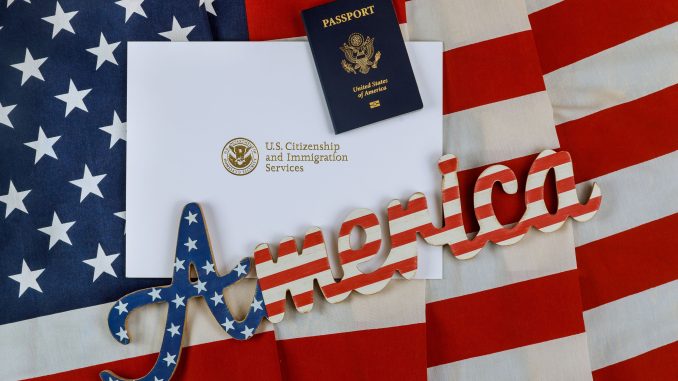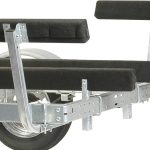
EB-4 visa is a category of employment-based immigrant visa in the United States. The EB-4 visa is specifically reserved for certain special immigrants. These special immigrants include individuals in various categories, such as:
- Religious Workers: This category is for religious workers who are coming to the United States to work in a religious capacity, such as ministers, priests, rabbis, and other religious workers.
- Special Immigrant Juveniles: This category is for foreign children who have been abused, abandoned, or neglected, and who have been granted Special Immigrant Juvenile (SIJ) status by a U.S. state court.
- Certain International Organization Employees: This category includes individuals who have worked for qualifying international organizations like the United Nations or NATO, among others.
- Certain Physicians: This category may apply to foreign medical graduates who have been practicing medicine in the United States and meet specific eligibility criteria.
- Certain Armed Forces Members: This category is for foreign nationals who have served in the U.S. Armed Forces for a specific period of time.
- Afghan and Iraqi Translators/Interpreters: Individuals who worked as translators or interpreters for the U.S. government in Iraq or Afghanistan during specified timeframes and have received a qualifying recommendation may be eligible for the EB-4 visa.
- Certain Broadcasters: This category includes employees of foreign media organizations.
- Panama Canal Zone Employees: This category is for individuals who have been employed in the Panama Canal Zone and meet certain eligibility requirements.
How to apply for an EB-4 visa?
Applying for an EB-4 visa involves a multi-step process, and it’s essential to follow the specific requirements and guidelines provided by U.S. Citizenship and Immigration Services (USCIS). Here is a general overview of the steps to apply for an EB-4 visa:
- Determine Eligibility: Before applying for an EB-4 visa, ensure that you meet the eligibility criteria for one of the specific EB-4 categories, such as religious workers, special immigrant juveniles, international organization employees, etc. Each category has its own set of eligibility requirements.
- Employer or Sponsor: In most EB-4 categories, you will need a U.S. employer or a qualifying organization to act as your sponsor. The employer or organization will typically file a petition on your behalf with USCIS to request immigrant status for you.
- USCIS Form I-360: Your sponsor will file USCIS Form I-360, Petition for Amerasian, Widow(er), or Special Immigrant, on your behalf. This form is specific to the EB-4 category you fall under, so make sure to select the appropriate category when filing.
- USCIS Review: USCIS will review the Form I-360 petition and make a decision on whether to approve or deny it. If approved, you will be considered an EB-4 visa applicant.
- Visa Bulletin: Check the U.S. Department of State’s Visa Bulletin to determine if a visa number is available for your specific category and priority date. Some EB-4 categories may have a waiting period due to annual visa number limitations.
- Consular Processing or Adjustment of Status: The process for obtaining an EB-4 visa may vary depending on your circumstances. If you are outside the United States, you will typically go through consular processing at a U.S. embassy or consulate in your home country. If you are already in the United States and eligible for adjustment of status, you can apply for an EB-4 visa while in the U.S.
- Visa Interview: If you are applying for an EB-4 visa through consular processing, you will attend a visa interview at the U.S. embassy or consulate. Be prepared to provide supporting documents, undergo a medical examination, and demonstrate your eligibility for the visa.
- Biometrics and Background Check: As part of the process, you may be required to provide biometrics (fingerprinting) and undergo a background check for security and admissibility purposes.
- Visa Issuance: If your EB-4 visa application is approved, you will be issued a visa to enter the United States as a lawful permanent resident (green card holder).
- Entry to the United States: Upon entering the United States with your EB-4 visa, you will be admitted as a lawful permanent resident. Your green card will serve as evidence of your status.
Facebook Comments






